The term “marijuana” came to the United States from Mexico. Precisely how it arrived in Mexico is still a mystery... Back in 2005, researcher Alan Piper made a courageous attempt to trace its etymology, but could only conclude that it may have originated in either China or Spain. He asserted, that of the many names for the cannabis plant, marijuana is one of the most widely recognized in English, but that its origins remain very obscure. The word marijuana, and the use of the cannabis herb as an intoxicant, is consistently identified as having been taken from Mexico to the United States by migrant workers.
In 1930, Harry Anslinger, head of the then all-new Federal Bureau of Narcotics, was unhappy that only cocaine and opium were regulated and not marijuana; he went on to spend nearly thirty years campaigning against it. When he submitted a bill to ban cannabis in front of a congressional panel in 1937, he famously stated that “we seem to have adopted Mexican terminology, and called it marijuana."
While it sounds innocent, the word “marijuana” has been widely removed from medical and industrial applications for which cannabis or hemp are more commonly used. “Marijuana,” therefore, has mostly been associated with the recreational use of the herb, and historically, most especially amongst poor Mexican immigrants.
Dr. William C. Woodward, a legal counsel for the American Medical Association, appeared at the same 1937 trial to protest against Anslinger's deceptive semantics, accusing him of changing the name in order to deceive the groups that would otherwise oppose such a bill.
Woodward stated, that he used the word “cannabis” instead of the word “marijuana” because cannabis is the appropriate term to describe the plant and its products, and that the use of the term “marijuana” instead of “cannabis”, or even “Indian hemp”, meant that traders in Indian hemp seeds or cannabis a day or two prior to the bill being passed, would not have known that such a bill would apply to them, too.
Thus, traders trading in hemp seeds, cannabis, Indian hemp, etc. knew nothing about what was being done, and how it would affect them, as the bill specified the name of the plant that was barely known to the public at the time, so traders could not protest against it until it was too late.
As an example of the racial dimension of Anslinger’s argument, he asserted: that of the 100,000 marijuana smokers in the United States, most were of “Negro, Hispanic, and Filipino” and that “their satanic music, jazz, and swing” stemmed from their use of marijuana. He went on to assert that marijuana was “forcing white women to have sex with Negroes, entertainers, and others."
Newspaper baron William Randolph Hearst was delighted to throw his newspaper empire behind supporting the cannabis ban, printing such inflammatory and fictitious articles, as those stating that it was the new Mexican drug “marijuana” that caused “Three-quarters of violent crimes in this country” and that they were “committed by drug slaves”
The NPR reported in 2013, that “in the 19th century, articles in news and medical journals almost always used the plant’s official name, cannabis.”
Drug manufacturers like Bristol-Myers Squib and Eli Lilly have used cannabis (Cannabis) in drugs widely marketed in U.S. pharmacies, to treat insomnia, migraines, and rheumatism. Between 1840 and 1900, American scientific journals published hundreds of articles exploring the therapeutic benefits of Cannabis.
Many continue to argue, that no matter how one looks at it, the spread of the term “marijuana” suspiciously coincides with the popularity of racist rhetoric. Therefore, it is worth considering whether continuing to use the word “marijuana” in articles, newsletters, etc. is appropriate or not (except, of course, for owner names or quotes).
While the word doesn’t carry the same racist overtone it used to, it would be reasonable to argue that there is no sound reason to use it when the terms “cannabis” or “hemp” work perfectly well, and do not carry any questionable undertones. Mainstream commercial health centres, such as the Harborside Medical Center - one of California’s largest and most influential cannabis pharmacies - have a dedicated page on the subject on their website.
They write, that the word “marijuana” is an emotional and pejorative term that has played a key role in the negative stigma that is tragically attached to this holistic herb. They assert, that most cannabis users, on learning of the word history, find the “M” word offensive. They state that they prefer the word “cannabis” because it is a respectable, scientific term that encompasses the many uses of the plant, without any racial overtones.
One state legislative member, Senator Mike Gabbard, introduced Senate Bill 786, which replaces the term “Medical Marijuana” with the term “Medical Cannabis”. This bill requires the Department of Health to replace the designation in all printed and web documents. The State of Hawaii will also need to change the wording in all adopted legislation and rulemaking. Gabbard has said the word “marijuana” has adverse consequences rooted in racial stereotypes, and went on to say that cannabis “has no such negative ring”. That bill was recently passed.
At a time when this industry is still evolving, it seems somewhat irresponsible not to acknowledge and address this issue, especially given the media attention focused on the lack of diversity in the cannabis industry as a whole.



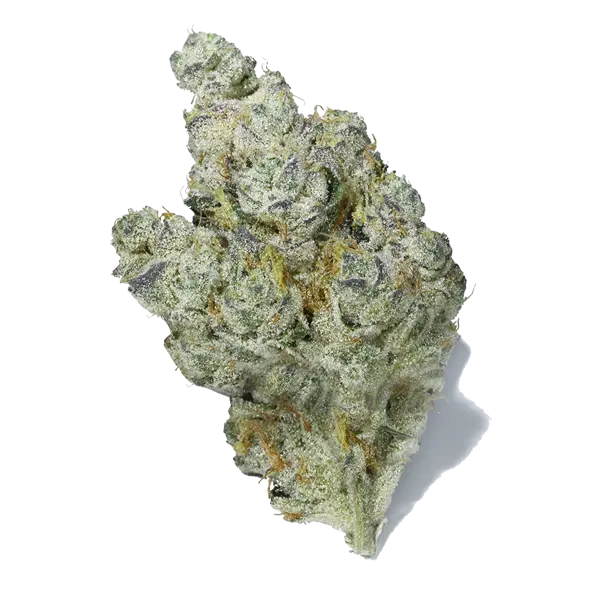
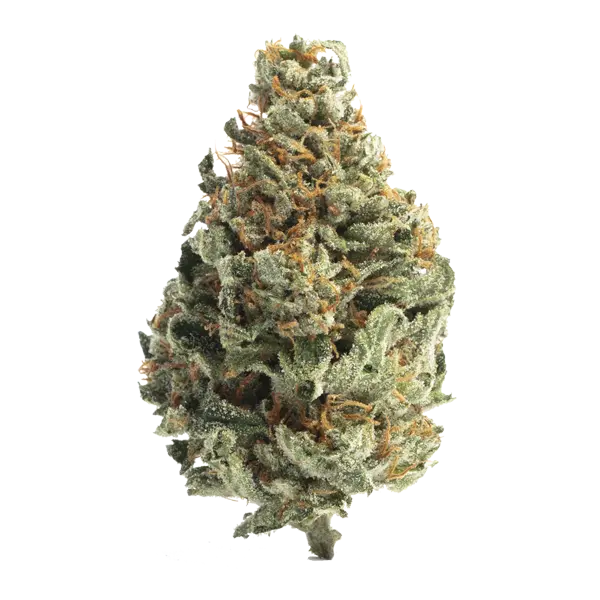
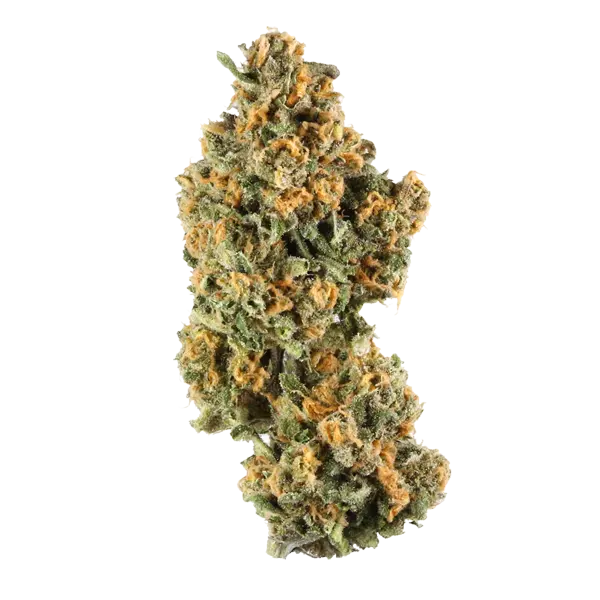

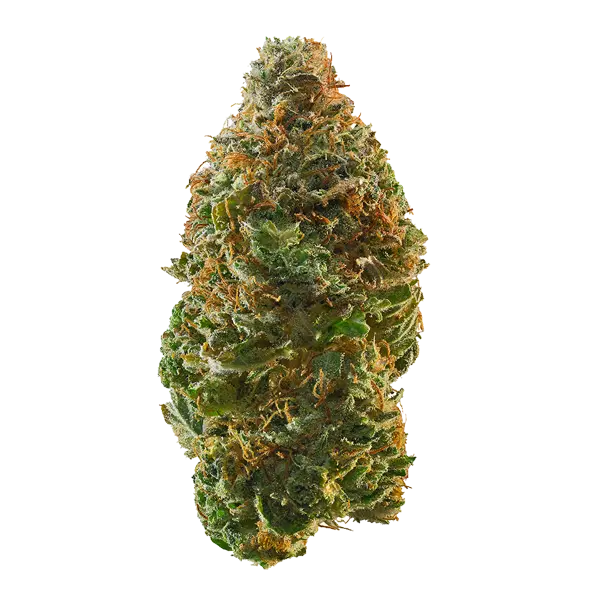

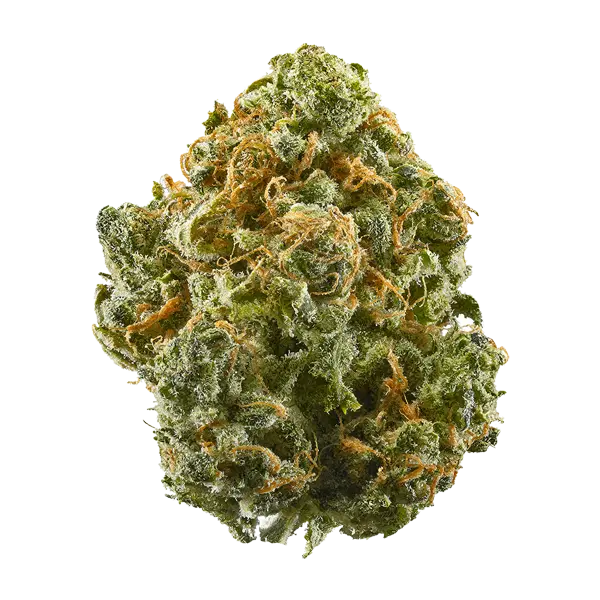

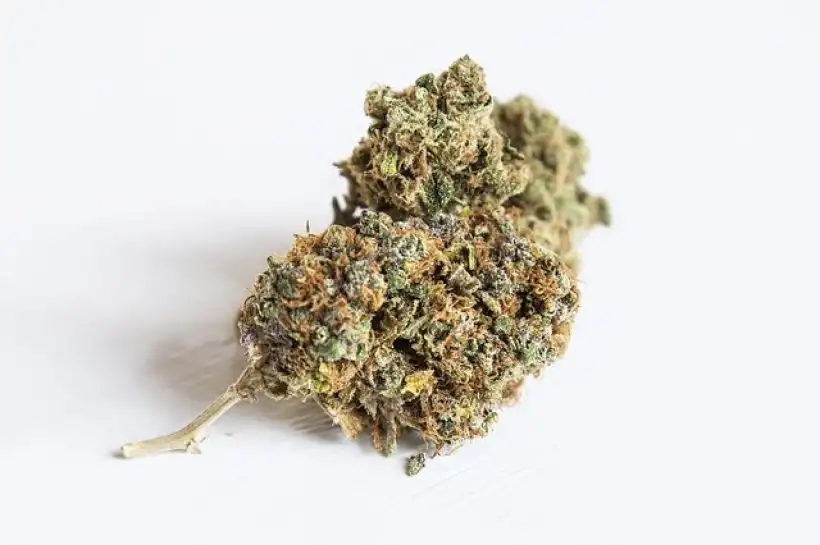




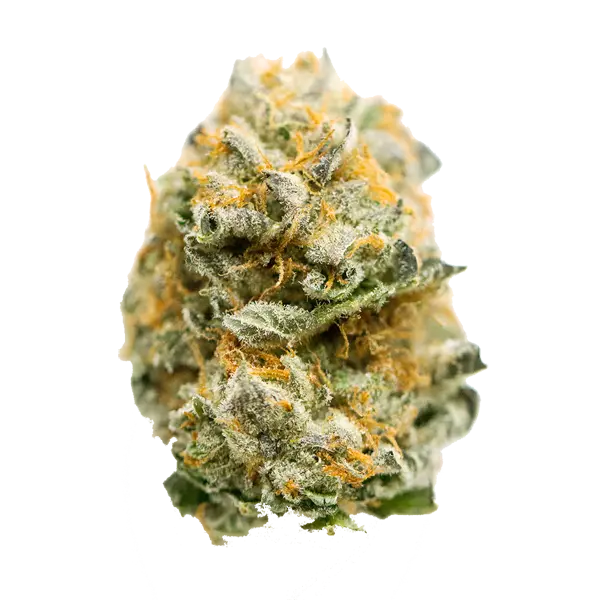
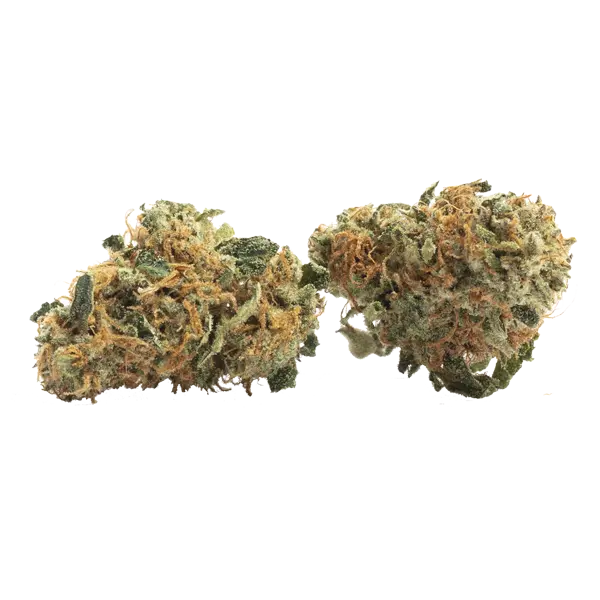
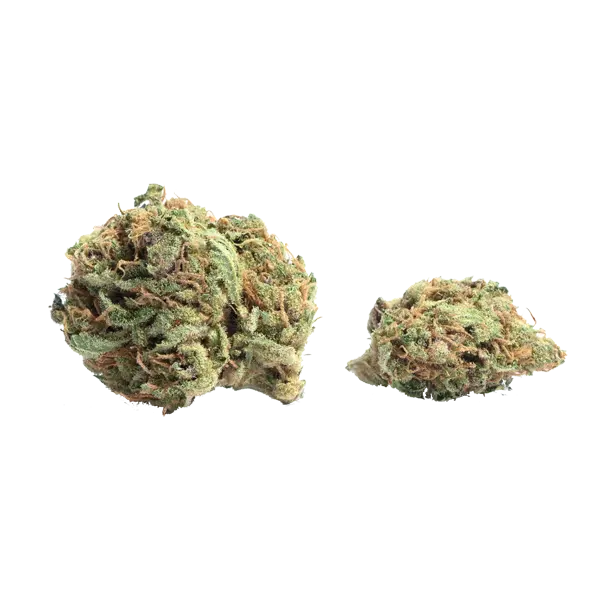







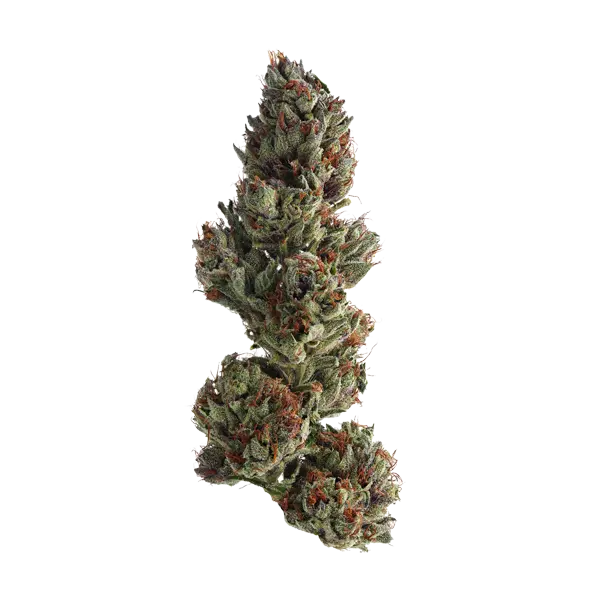



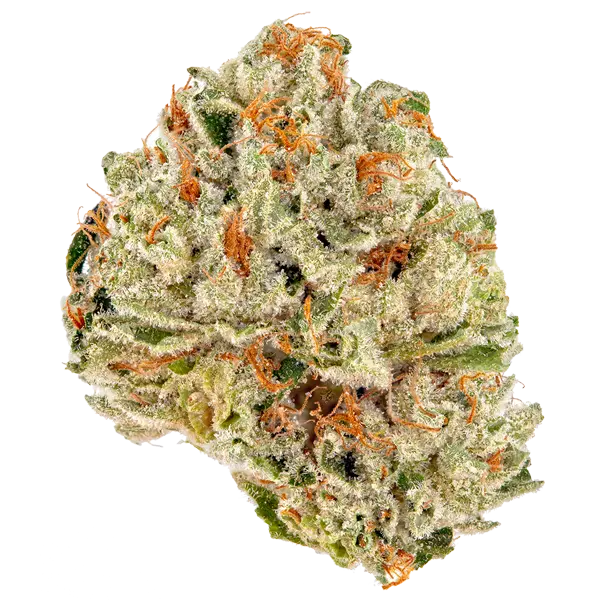
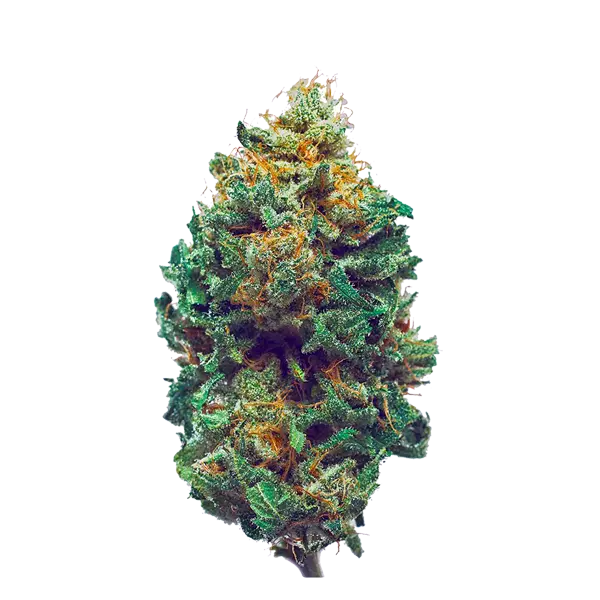
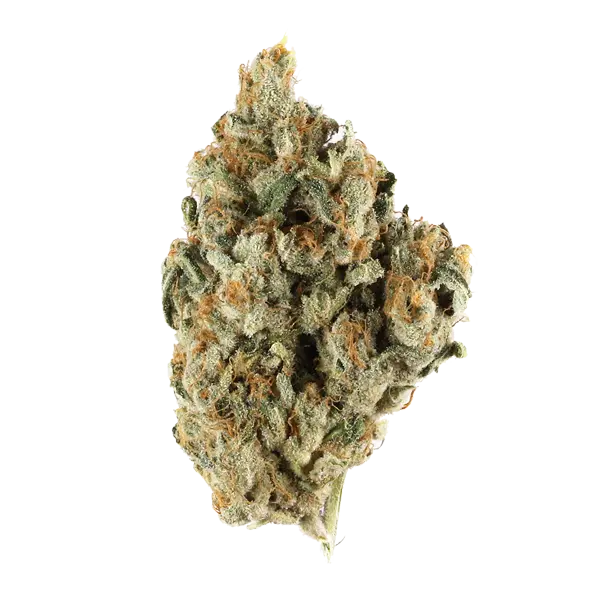

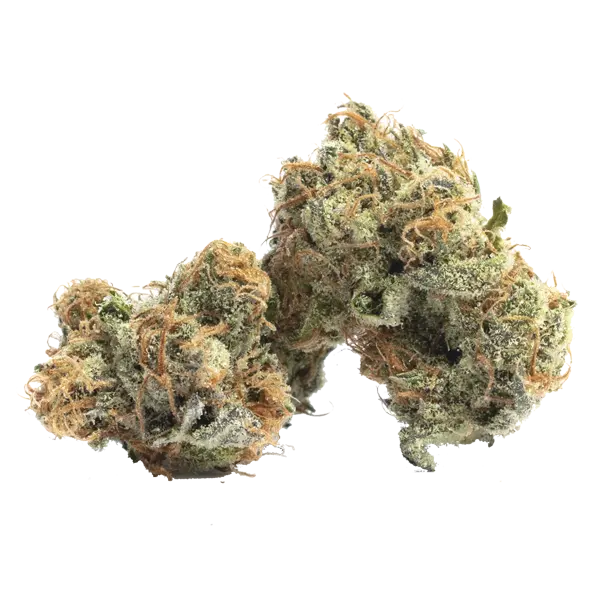
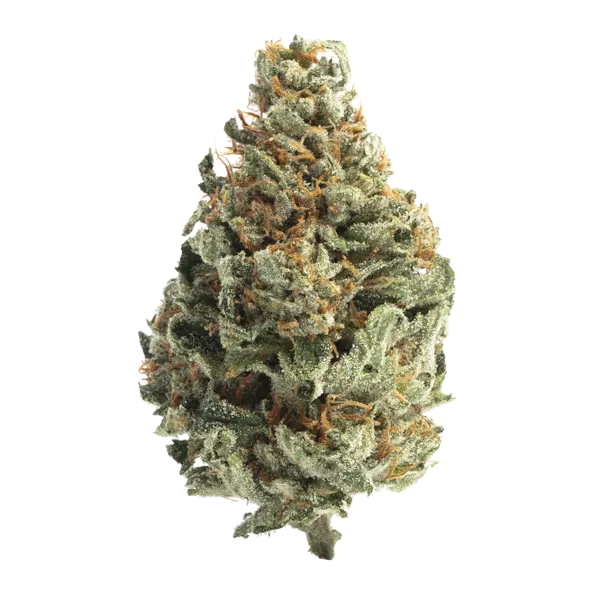
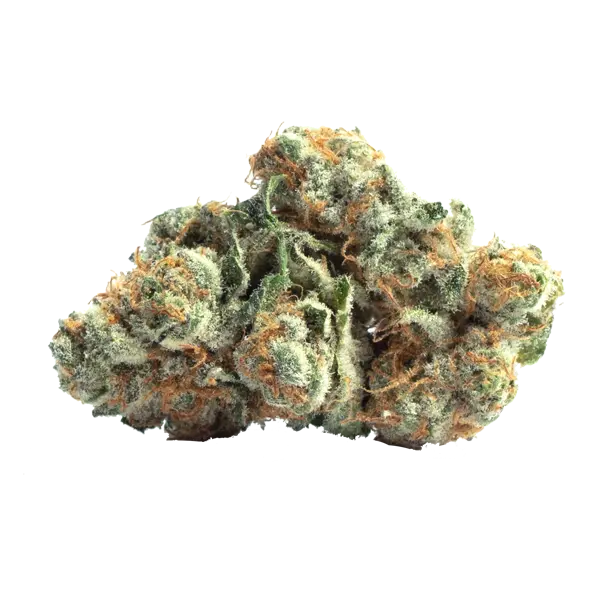
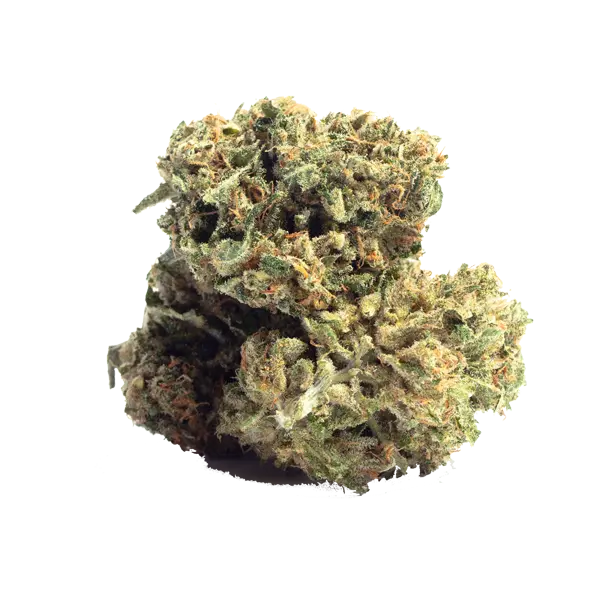
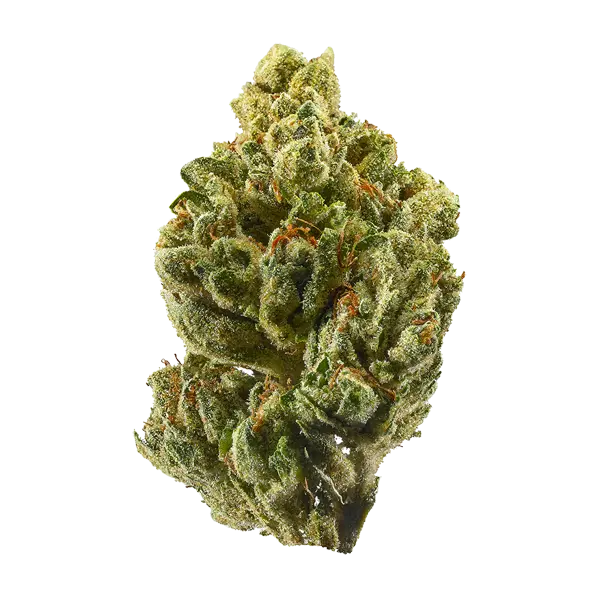
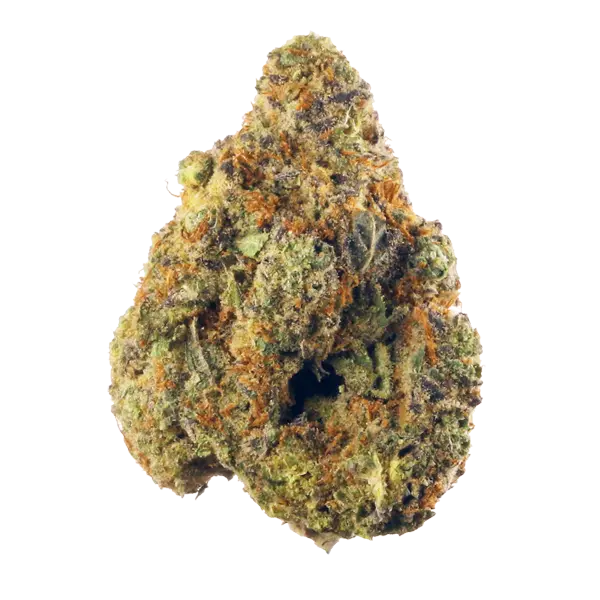
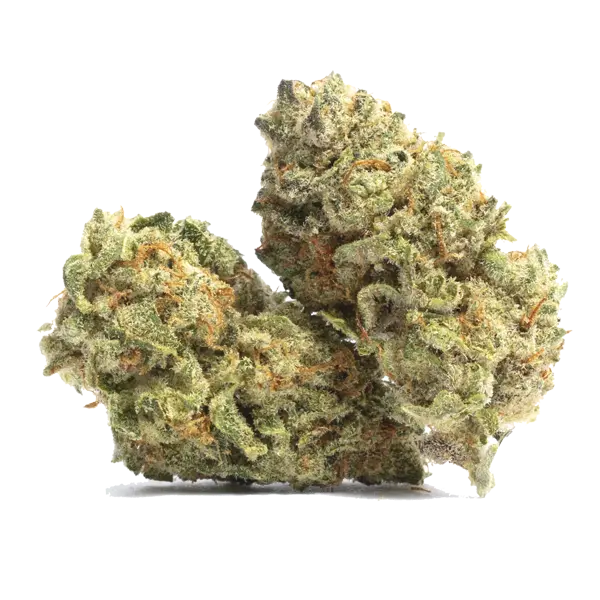
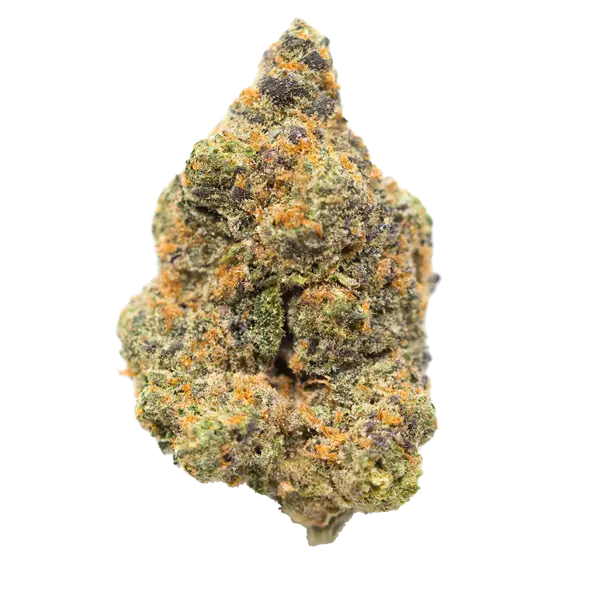
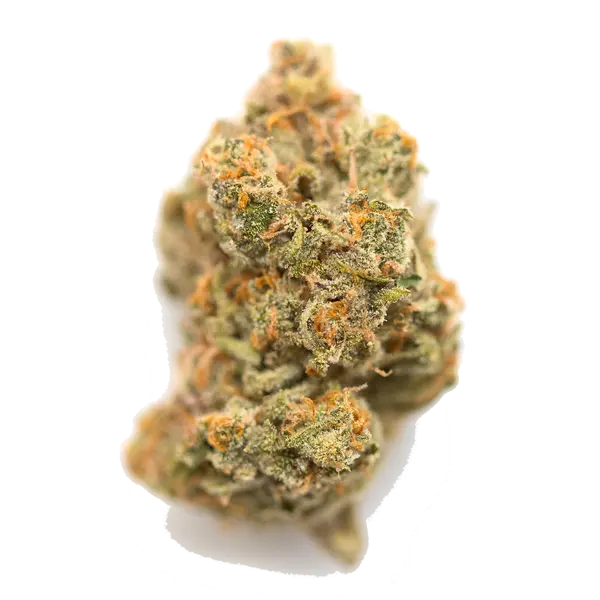
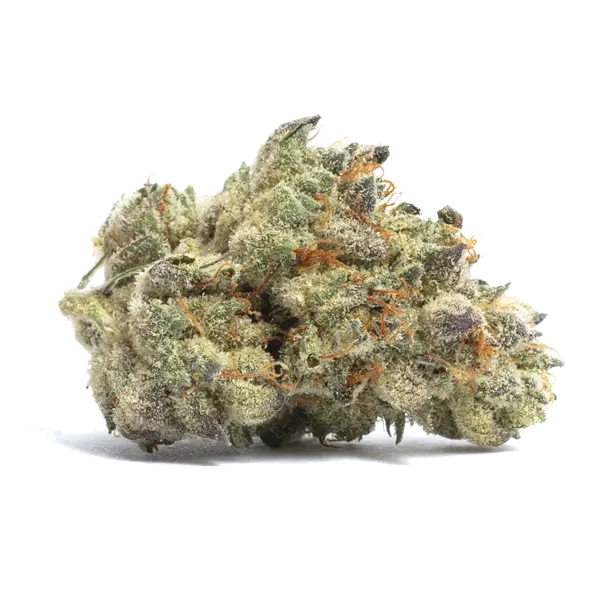
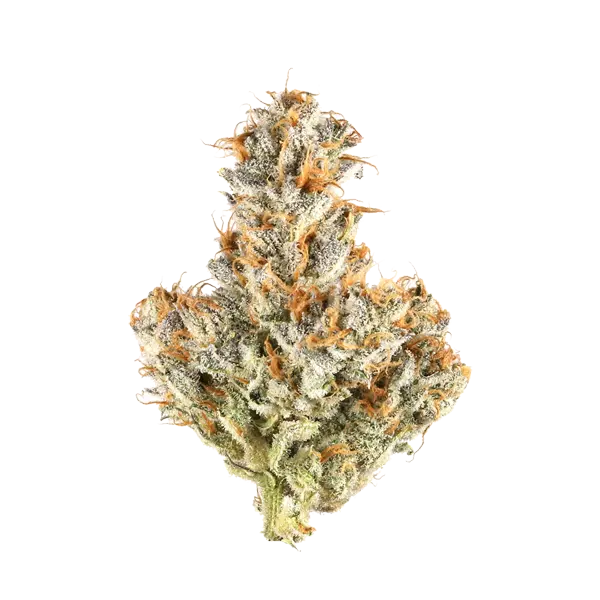



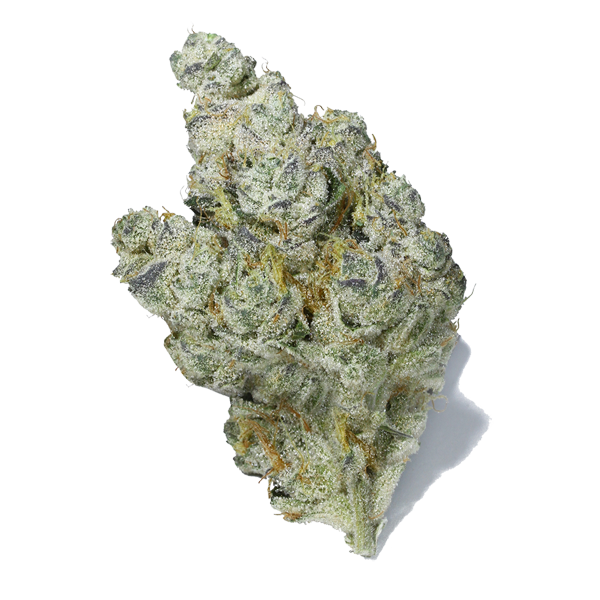













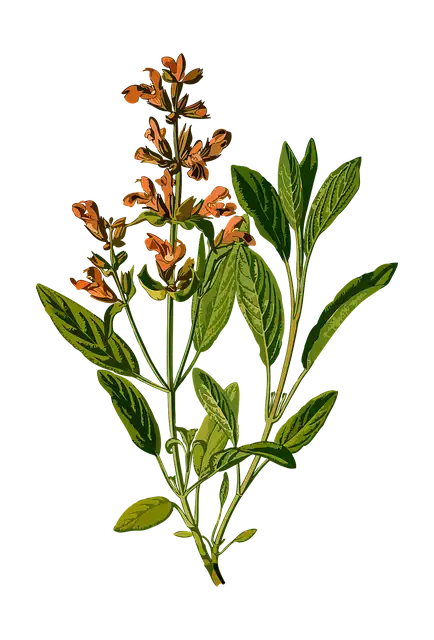

 What Is Myrcene and What Are Its Effects?
What Is Myrcene and What Are Its Effects? CBD, THCV and CBG Explained
CBD, THCV and CBG Explained








